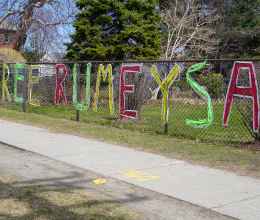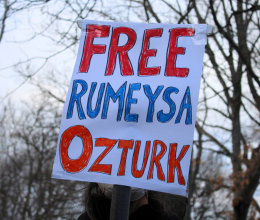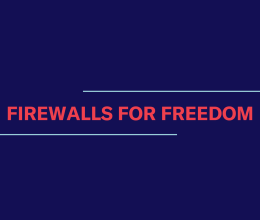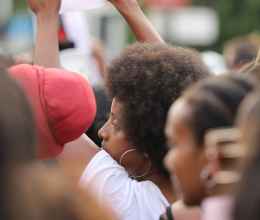
The right to join with others in protest and peaceful assembly is critical to a functioning democracy. This right is protected by the Massachusetts Constitution and the First Amendment. But it is also unfortunately true that governments and police can violate this right through the use of mass arrests, illegal use of force, criminalization of protest, and other means intended to thwart free public expression.
Knowing your rights is the most powerful tool you have against a violation of those rights. Here’s what you need to know before heading out to exercise your constitutionally protected right to protest.
Check out the questions and answers below or click here for more.



